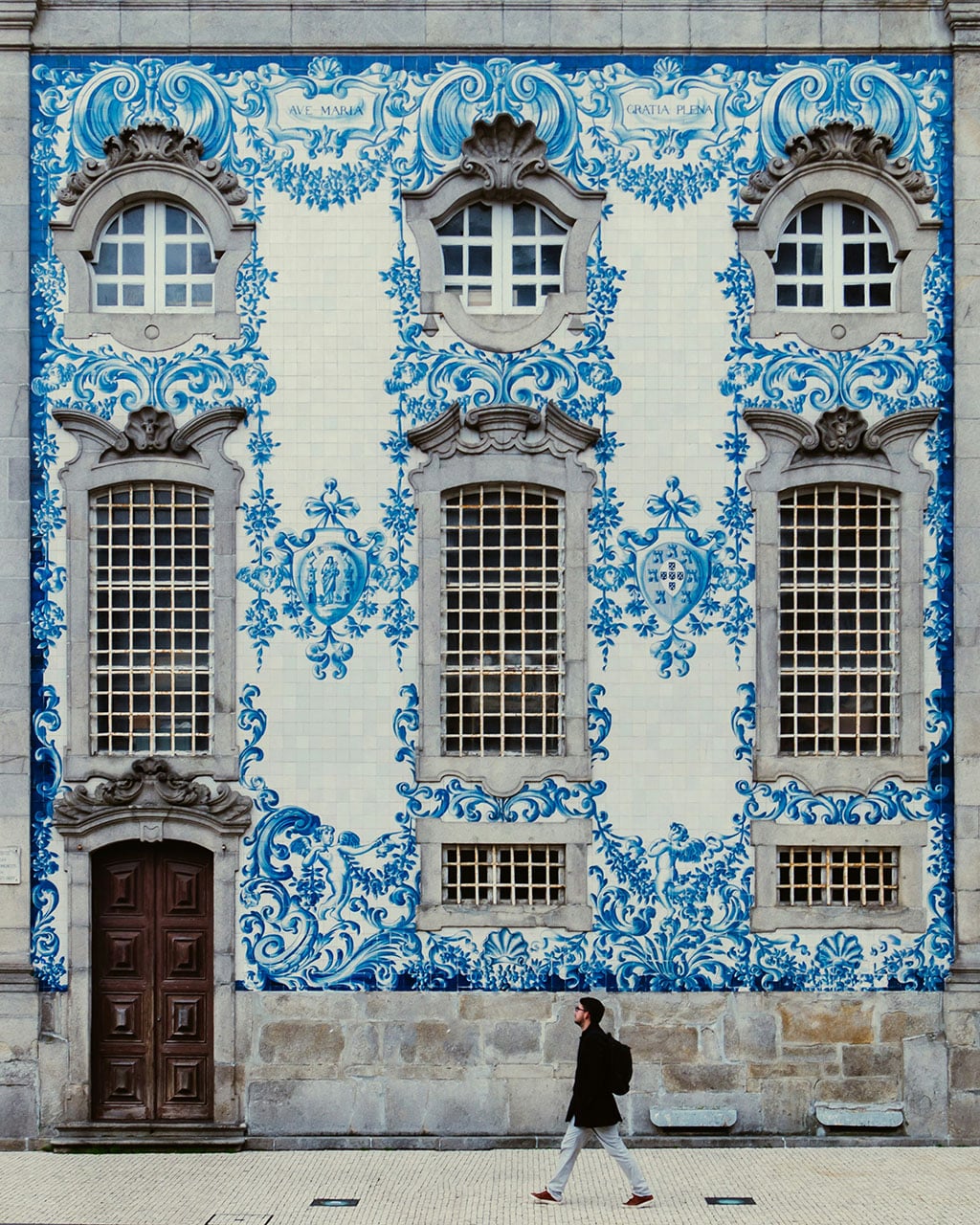Whilst this country occupies an enviable position – seventh out of 163 – within the ‘Global Peace Index’, this year’s general report makes for some grizzly reading, declaring that “the world is at a crossroads”. “No sugar, Sherlock!” you might say, with the most cursory glance across the news, as you endeavour to stay informed and aware of what’s going on in the world.
“Without concerted effort, there is a risk of a surge in major conflicts,” the reporting continues at visionofhumanity.org who host the Index. “There are currently 56 conflicts, the most since World War II. They have become more international, with 92 countries involved in conflicts outside their borders, the most since the GPI’s inception.”
It also notes that “97 countries deteriorated in peacefulness, more than any year since the inception of the Global Peace Index in 2008” and that “the conflicts in Gaza and Ukraine were the primary drivers of the global fall in peacefulness, as battle deaths reached 162,000 in 2023.”
Away from the madness and back home, we learn that 10 years ago, Portugal was in 18th place in these rankings, which improved very impressively and rapidly to fourth in 2021, when analysed across 23 criteria, dropping back to its current, and let’s say lucky, number seven position.
The formula includes too many components to list here but includes such factors as ‘perceived criminality in society’, ‘access to weapons’, political instability and terror, military expenditure and personnel, ‘neighbouring country relations’ and external deaths from conflict.
Portugal is naturally and culturally blessed when it comes to the scoring, giving it a 1.372 out of a possible 5 (the lower the score the more peaceful the country), being ‘beaten’ (for want of a better word) by Iceland in first place, followed by Ireland, Austria, New Zealand, Singapore and Switzerland. Clearly, we are in good company, mixing it up with other splendid destinations that pull variously on the levers of smaller populations, sparser population densities and favourable cultures for peacefulness.
Now, the reason I mention all this data is to firstly celebrate Portugal’s relative peacefulness, but also to preface further commentary that might just put you at cause when it comes to peace, rather than having to rely on good geographical judgement and vain hope, in the face of increasing geo-political shenanigans, largely beyond our control.
It’s great that Portugal finds itself so well ranked, but isn’t it also concerning that here we are, resplendent on Europe’s western coast, some way away from the ‘action’, yet subject to the idiocy, anger and bluster of others, over whom we have little influence and who care little about our happy lives here?
May I present then, a cut-out-and-keep self-help guide to peacefulness, such that your own personal peace index is similarly impressive to that of Portugal’s international standing?
I’ve always liked the bon mots, the boas palavras, “peace begins with me”, imagining that they were uttered by a well-known, calm-creating sage such as Mother Teresa, Ghandi or the Dalai Lama. When searching, in order to give credit and to find out the phrase’s origins, I was surprised to find no obvious author, seeing it referred to more as a concept than a quote.
Those three aforementioned luminaries could have easily uttered the affirmation that peace, like charity, begins at home, but it seems none did. Mother Teresa told us that “Peace begins with a smile”. Ghandi flipped our understanding by saying “There is no way to peace, peace is the way”. And the Dalai Lama got to the heart of the matter, by suggesting “World peace must develop from inner peace”. All making peace a proactive process, for which we can take responsibility, rather than simply leave to the others and their questionable motives.
Should you have read this article’s title as “Peaceful Portugal Begins with US?” (as in the US of A), which I suspect some may have done, that puts us in the old way of thinking where we entrusted global housekeeping to our superpower allies. But it’s not, need I remind you, 1985 anymore, when Europe felt fairly secure in the promise of support from the US, NATO and an amicable array of neighbours.
The coffee we smell today might well be fair trade, yet there are discernible top notes of conflict, confrontation and collapse in its irresistible aroma, from the first morning cup to the last after-dinner cafézinho.
So, what do I have for you? And what possible prescription for peace might this writer and broadcaster offer with his overblown sense of importance and impact?!
Well, let’s start with that idea that peace begins with me, and by that, I mean with YOU. Just as British war-time propaganda posters once proclaimed, “YOUR COUNTRY NEEDS YOU”, so does peace, in these times.
Living in constant fear and an underlying state of anxiety, which we see has insidiously become a way of life for many, is not in itself individually peaceful, let alone a recipe for collective global peace. That’s not to say that occasional fear and concern do not, or should not, have their place in a healthy human, who knows which metaphorical and actual battles are worth fighting.
It strikes me that we have shifted a long way from that functional and sustainable sense of danger into a hyper-vigilant, adrenal-gland-burning state of constant concern and negative imagination – enabled, catalysed and exploited by those who crave and benefit from our angst-ridden attention.
In the face of this, should you see my point and feel it valid in any way, you may wish to regain control of your precious perception, and bless it more with that which nourishes and nurtures you. More so than that which harms and hurts you, as it plays on your natural urge to stay safe.
We, as the survey data above suggests, have a head start and can firstly be grateful here in Portugal that we have this more-than-averagely peaceful backdrop, against which we can unplug from the forces that might prefer us unbalanced, manipulable and afraid. It’s not an easy habit to break, but it can be done, and what is there after fear but relief?
Secondly (and as hard as it might be to hear), adding your rage or bitterness to a distant conflict of which you have no direct experience and over which you have no control, may merely be a virtue signal, effectively a worthy act of self-harm. So, you might want to stop that too?
Thirdly, you can be peace, not just long for it. Resist the righteous urge to retaliate in your daily affairs, when wronged. Do you want to be ‘right’, or do you want to be ‘happy’? Trace the roots and triggers of your persistent acts of petty violence towards others and heal yourself. Embody the peace you wish to see in the world, just like the change you wish to see in it.
If intelligent people like us don’t begin the ‘peace process’, who will? If each of us becomes just a little more peaceful, we impact world peace too, and who knows … we might, by our earnest and steadfast personal efforts, end up number one, one day, in that global index.
And finally, I have a prediction for you: far from being a passive, hippy-ish and weak pursuit, peacefulness will become a key skill, an ennobling and inspiring way of being human. The time of the war-monger, the reign of the drama kings and queens, is coming to its end. We are better than this …
By Carl Munson
Carl Munson is host of the Good Morning Portugal! show every weekday on YouTube and creator of www.learnaboutportugal.com, where you can learn something new about Portugal every day!
















